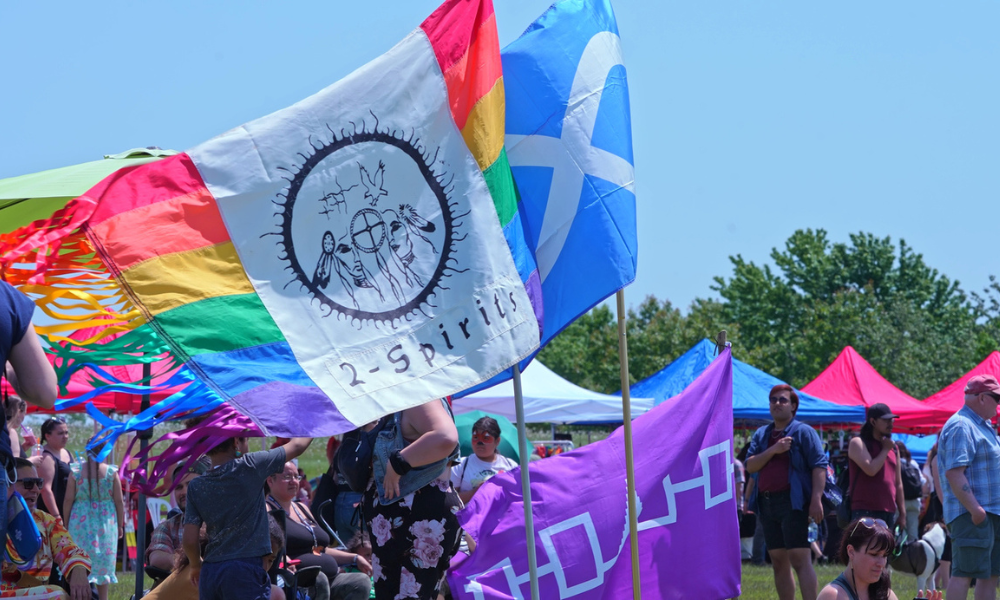
Investment will create new opportunities, enhance business skills and increase the visibility of Indigenous businesses

The federal government is investing over $5.4 million to support Indigenous economic development in Southern Ontario.
The investment will improve skills development for youth and create more than 130 new jobs.
It will also improve food security and access to attainable housing, and advance Indigenous tourism, according to the federal government.
Ottawa is delivering the funding to five Indigenous-led organizations:
“The five Indigenous-led organizations that received support today are working hard to address critical issues like improving food production, housing access, skills development for youth and advancing Indigenous tourism,” said Bryan May, parliamentary secretary to the minister responsible for small business and to the minister responsible for the Federal Economic Development Agency for Southern Ontario.
“The government of Canada will continue to work hard to support inclusive growth for the benefit of all Canadians.”
More than 350,000 young Indigenous people will come of employment age before the year 2026, and they could boost the country’s economy by $27.7 billion per year if they are given the right employment supports, according to a 2020 report from the Canadian Council of Aboriginal Business (CCAB) and the Diversity Institute.
The Indigenous-led organizations will use the funding as follows:
“This government of Canada investment through FedDev Ontario will provide entrepreneurial skills training, workshops and a youth entrepreneurship program. It is expected to create new opportunities, enhance business skills and increase the visibility of Indigenous businesses,” said Dave Vince, Chief Executive Officer, Two Rivers Community Development Centre.
“The initiative aims to build a generation of Indigenous business leaders who can contribute to the growth of their local economies and empower their communities.”
Under-represented groups need more than just upskilling and training, according to a Canadian academic.
The other Indigenous-led organizations will:
Here are some basic solutions that employers can provide to address the barriers to employment faced by Indigenous youth, according to Indigenous Corporate Training:
Here are 10 ways to support Indigenous employees in your organization.